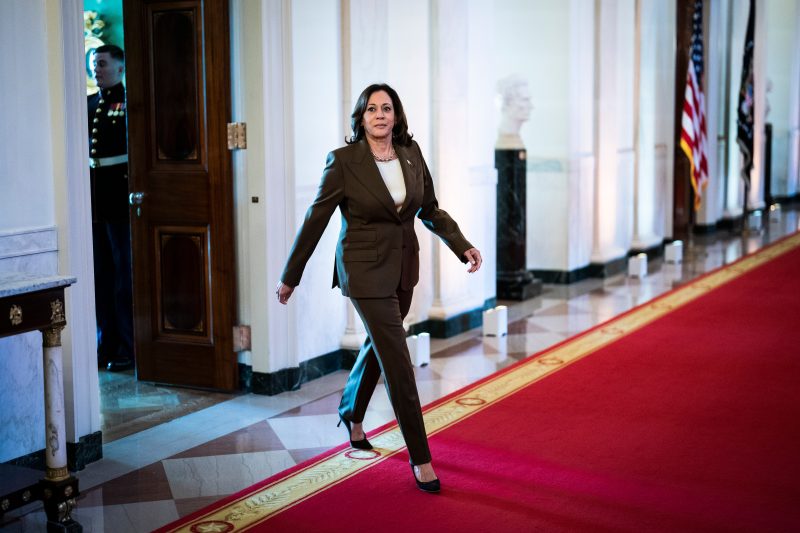In recent discussions surrounding the conflict in Gaza, Vice President Kamala Harris has notably distanced herself from President Joe Biden by emphasizing the suffering of Palestinians. This departure from the administration’s official stance reflects a nuanced approach to the complex issues at play in the region.
Harris’s decision to highlight Palestinian suffering signals a break from the more traditional pro-Israel stance commonly adopted by U.S. politicians. By doing so, she brings attention to the human cost of the conflict and acknowledges the deep-rooted grievances that have fueled the violence in Gaza.
The Vice President’s emphasis on Palestinian suffering also aligns with a growing sentiment within the Democratic Party that calls for a more balanced approach to the Israeli-Palestinian conflict. As progressive voices gain prominence within the party, there is an increasing demand for a more nuanced and empathetic understanding of the plight of Palestinians.
Harris’s shift in focus reflects a broader trend in international politics, where there is a growing recognition of the need to address the root causes of conflicts rather than simply managing their symptoms. By drawing attention to the suffering of Palestinians, she is pushing for a deeper understanding of the complexities of the situation and advocating for a more holistic approach to conflict resolution.
While Harris’s position may have created some distance between herself and President Biden, it also demonstrates her willingness to engage with difficult and divisive issues in a thoughtful and empathetic manner. By prioritizing the suffering of Palestinians, she is challenging conventional wisdom and opening up new possibilities for dialogue and peacemaking in the region.
Overall, Vice President Kamala Harris’s decision to emphasize Palestinian suffering in the context of the conflict in Gaza underscores the importance of empathy, understanding, and a commitment to addressing the root causes of violence. As the international community grapples with the ongoing challenges in the region, her approach offers a glimmer of hope for a more just and sustainable resolution to the Israeli-Palestinian conflict.

